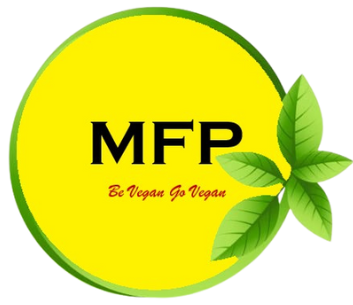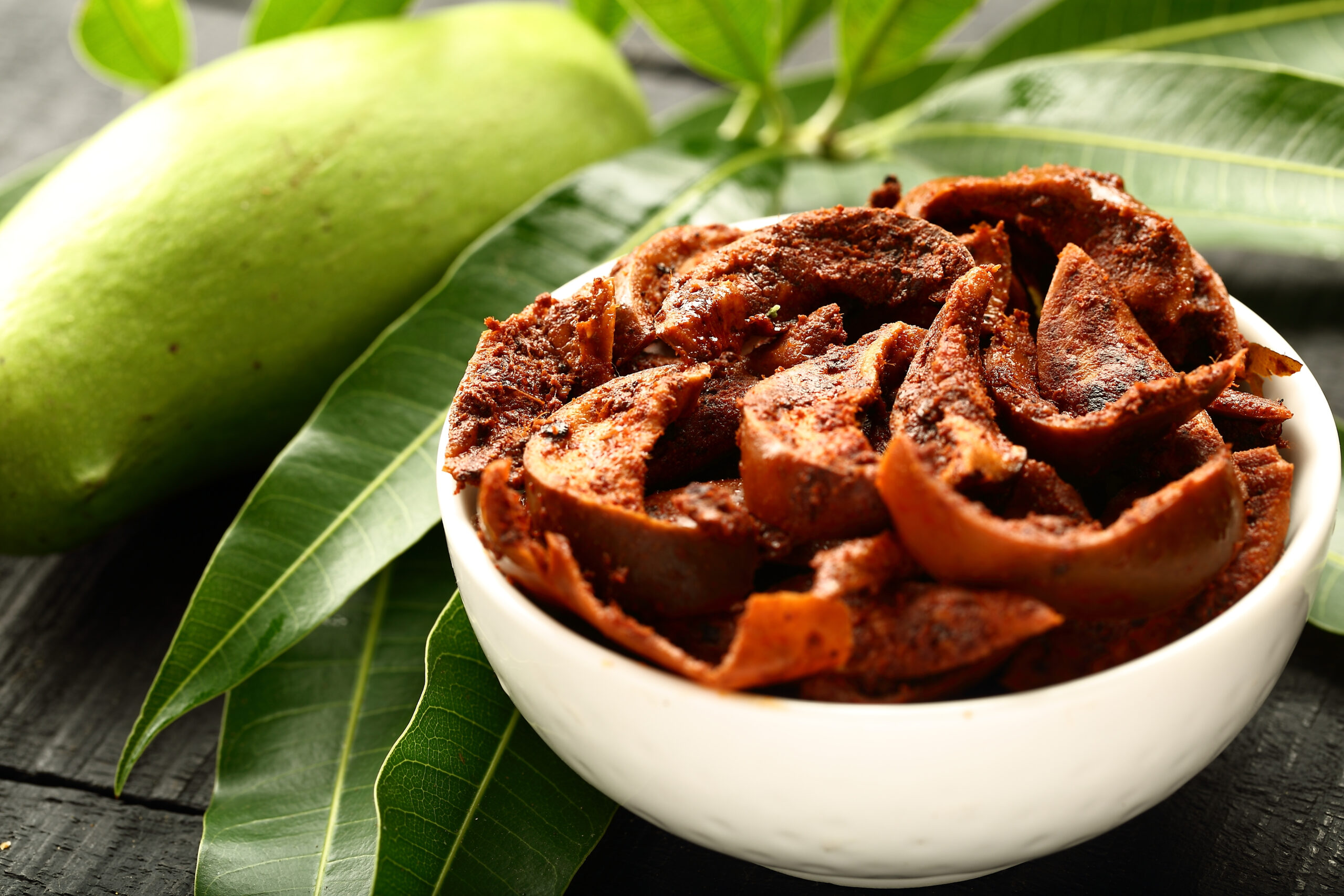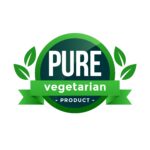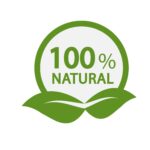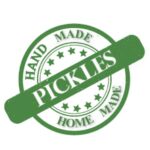Celebrity Nutritionists Rujuta Diwekar/ Shonali Sabherwal/ Avni Kaul/ Dt. Archana Shrivastava/ Dr.Vishakha Shivdasani & Manasa rajan/Priya Bharma in a blog decode the health benefits of home-made pickles.
Pickles are Crunchy, Delicious, and Addicting—but are they Healthy? Here’s what Nutritionists & Dieticians say:
Pickles are a bit polarizing — people either love them or hate them. The biggest problem with some store-bought pickles is preservatives. Homemade pickles are preferred for a reason. They do not have chemical preservatives and anti-caking agents (used in table salt). “Fermented pickles contain ‘good bacteria’ (probiotics) that help to restore good flora to our digestive tracts,” “Pickles made with vinegar do not appear to contain live probiotics.” “Quick pickles will not have as much fermentation as pickles that undergo a long ‘pickling’ or fermentation process.” Studies have found that chemical preservatives in food can cause serious health hazards.
Celebrity Nutritionist Rujuta Diwekar posts on Instagram handle explaining why it is essential to have homemade pickles. Pickles are high in sodium, so adding sodium won’t be healthy for everyone, but “Sodium is the primary electrolyte lost in sweat, and often needs to be replaced back into the diet when it’s very hot outside or when athletes are ‘heavy sweaters,’ which means they lose more than 2% of their body weight during a workout.” Most pickles sold at supermarkets are not fermented. So look for homemade fermented pickles. Oil in pickles helps seal off the air (oxygen), Thereby encouraging good bacteria multiplication. “It is the fermentation process that preserves, making the pickle more digestible and nutritious, and generating healthy gut bacteria” says nutritionist and Chef Shonali Sabherwal.
Nutritionist Rujuta Diwekar, in her Instagram post, busts myths about pickles. Pickle is an indispensable part of an Indian meal. Pickle just makes meal taste better. Besides offering a burst of flavours to our palate, pickles especially the homemade ones, have several health benefits too! Pickles are touted as valuable sources of “Vitamin K, A and probiotic bacteria.” But there is a plethora of information out there about pickle that often leaves us confused whether we should consume it on a regular basis. Worry not; we have found a permanent solution to this skepticism! Rujuta Diwekar, in her post, listed down some common myths and separated the facts from fiction. Let’s take a look!
-
Pickle is full of salt and oil:
Fact – The gut-friendly bacteria do not grow without salt and oil. Hence, Diwekar writes that these ingredients are a must to enjoy all the benefits of a pickle.
- The salt will cause blood pressure:
Fact – As per Diwekar, it’s not the salt that causes blood pressure. It is rather our habits like lack of exercise, poor sleep and consumption of packaged, processed food that leads to high BP. “Use unprocessed, unrefined sea salt” she wrote.
- Oil is not good for heart health:
Fact – “Consumption of fat or oil doesn’t cause heart problems; its habits (refer to the fact related to BP above). Use groundnut/gingelly oil according to your food heritage”
- But pickle is unhealthy:
Fact – Pickle is a storehouse of minerals, vitamins and friendly bacteria.“Take one to two teaspoon of homemade pickle every day to reduce bloating, anemia, Vitamin D and B12 deficiencies” Diwekar recommends. Pickle also helps promote overall gut health.
Rujuta Diwekar tells why a pickle “Is a Must Have on Your Plate”. Winter is a season in which we like to eat different types of delicious food. But it is not enough to be delicious, but it should also be healthy in terms of health. Eating pickles is also considered beneficial in this season. Rujuta Diwekar reminded us of a vital winter food delicacy – pickles. However, these delicacies are great for fixing problems of the skin and gut and can also heal joint aches. They contain heaps of hand-pounded mustard, which act as a traditional therapy against respiratory disorders during winter. “Make and eat homemade pickle daily”, Pickle is the traditional art and science of preserving vegetables and fruits so they could be used throughout the year.
Health Benefits of homemade Pickles:
- Pickles prevents digestive problems :
India is a vast country wherein the food habits change every 200 km but in spite of such diversity, one thing remains common which is the use of pickles in our regular diet. One of the reasons they are served with most of the delicacies in India is that these pickles improve the process of digestion in our body. Our digestive system generates probiotic bacteria in our body which help us to digest food. But with increased use of antibiotics and our deteriorating food habits, these bacteria are being destroyed. Hence naturally fermented Indian pickles have the ability to encourage the growth of these bacteria which will help restore our digestive health. Eating pickles that are made without the use of vinegar can help restore probiotics. Pickles prepared out of salt and the natural process can lead to the growth of probiotics. Fermented salt pickles can lead to the growth of friendly bacteria to aid digestion. Amla / gooseberry pickle, that is so popular in India, improves digestion. They are loaded with health benefits. In the Indian families, it is customary to have amla pickle as an appetizer before the main course meal!
- Rich in vitamin and minerals:
The natural fermentation in pickles preserves nutrients like vitamin B, fat-soluble vitamins along with healthy fibers. Thus one small spoon of pickle can help conditions like anemia, vitamin D, B 12 deficiencies. Apart from unripe vegetables, Indian pickles also contain a number of leafy vegetables like coriander, curry leaves, fenugreek, and mint. These leafy vegetables contain a number of essential vitamins and minerals which are not adequately provided in our routine diet.
- Indian pickles have antioxidant properties:
Antioxidants protect a living body against the attack of free radicals. These free radicals are highly dangerous as they mix with the DNA and alter its configuration. As our Indian pickles contain raw and unripe ingredients, they are a rich source of antioxidants. Indian pickles particularly those made of Amla have hepatoprotective properties in them which protect the liver from harmful attacks. When Indian pickles are being made, turmeric powder is added to it. Turmeric contains “Curcumin”. It has anti-inflammatory properties which help our body to fight against the attack of various bacteria and viruses.
- Pickles prevents ulcers:
Regular consumption of pickles prepared from amla can reduce ulcers. It is mainly gastric ulcer which is caused by the failure of hyperacidity and failure of mucus membrane. If consumed regularly, Amla/ gooseberry pickle can reduce the chance of ulcer.
- Eating pickles is good for pregnancy:
Pregnant women do have pickle cravings for good reasons. Nausea and vomiting which is so common in pregnancy can be relieved by consuming pickles. Morning sickness may be done away with the consumption of pickles. The tart, tangy and sour flavor of pickles tingle taste buds while reviving appetite. If you have a hangover tummy, pickle is an outstanding way to get over with the hangover. It helps to replenish depleted level of sodium and helps in rehydration as well. To make the most of pickle and its benefits, Rujuta wrote that “they should be homemade using the traditional recipes, just like dahi.” Have it daily in your meals to spice up your life. Pickles ensure that your gut is not colonized by pathogens or the bad bacteria. When vegetables and fruits are fermented, healthy bacteria break down the natural sugars. Homemade pickles sit in saltwater and ferment over many days and turn into a great source of probiotics for the body. Studies say probiotics may promote clearer skin, better immune function, increased gastrointestinal health, and could even reduce depression.
- Pickles are bad for hypertension:
To some extent, this is true for pickles that are commercially made and contain a high quantity of table salts. Pickles are beneficial for people of all ages and loved by kids as well. “Pickles should be made in pure oil and good quality salt and spices, because all these things affect the health of our stomach.” say experts. A plate of food may never look complete without a combo of yummy pickles. Pickles have been an all-weather meal companion for all class of people, from poor farmer to the richest zamindar. Even today, pickles find its special place in many Indian dishes, but lately it has come under many health debates like is a pickle suitable for people with health conditions like hypertension and obesity? Is it actually healthy for the body? Does it weaken digestion? etc.According to India’s leading dietician and nutritionist Avni Kaul says pickle is healthy if it’s homemade and free from commercial and artificial preservatives. People can eat pickles if they take it in small and moderate quantities. Many people are shying away from foods with chemical ingredients. But make sure you opt for the healthiest variations possible and stick to home-made ones. Don’t let only the flavour dictate your choice. “The biggest health problem with pickles tends to be their high oil and salt content, which can in the long run be detrimental to our health. Home-made pickles are better to consume because one can control both the quality and quantity of ingredients” says Priya Bharma, chief nutritionist at the Sri Balaji Action Medical Institute in Delhi. Vishakha Shivdasani, a Mumbai-based doctor with a fellowship in nutrition and a Mint columnist says. “Pickles aid in the secretion of digestive enzymes and help to kick off the digestive process in the mouth itself.”
According to Shivdasani, more than oil or sodium, its sugar that should be avoided.Salt in pickles actually eats up the natural sugars of the vegetables, creating lactic acid bacteria, which aids the preservation, fermentation and removal of potential bad bacteria, explains Mumbai-based macrobiotic nutritionist Shonali Sabherwal. “Opt only for oil-based pickles that use cold-pressed oils. Most commercially manufactured pickles use refined oils. These pickles get rancid faster since such oils create free radical damage and aid cellular death,” she adds. When you’re selecting a pickle, then, “it is the pickling process which should be considered because that is what determines whether it has undergone a natural fermentation process or is simply preserved,” says Manasa Rajan, a nutritionist at Cure.fit, a Bengaluru-based health and fitness enterprise. If you’re looking to make pickles at home, Sabherwal suggests ditching refined salt, in favour of rock salt or sea salt and using jaggery instead of refined white sugar.
The consensus among nutritionists and dieticians is that “while pickles aren’t going to be touted as the next healing super food, they aren’t bad for you as long as you make your own or buy quality homemade pickles without unnecessary ingredients and avoid factory made ones”.
Note 1: Every hypertension patient has their unique body composition, blood pressure condition, lifestyle, age and other health issues. Thus hypertension patients should add pickles to their diet only by consulting a health professional.
Note 2 : All the observations made by the nutritionists/Dieticians were compiled. None of the nutritionists/dieticians mentioned herein recommend or endorse our home made pickles.
